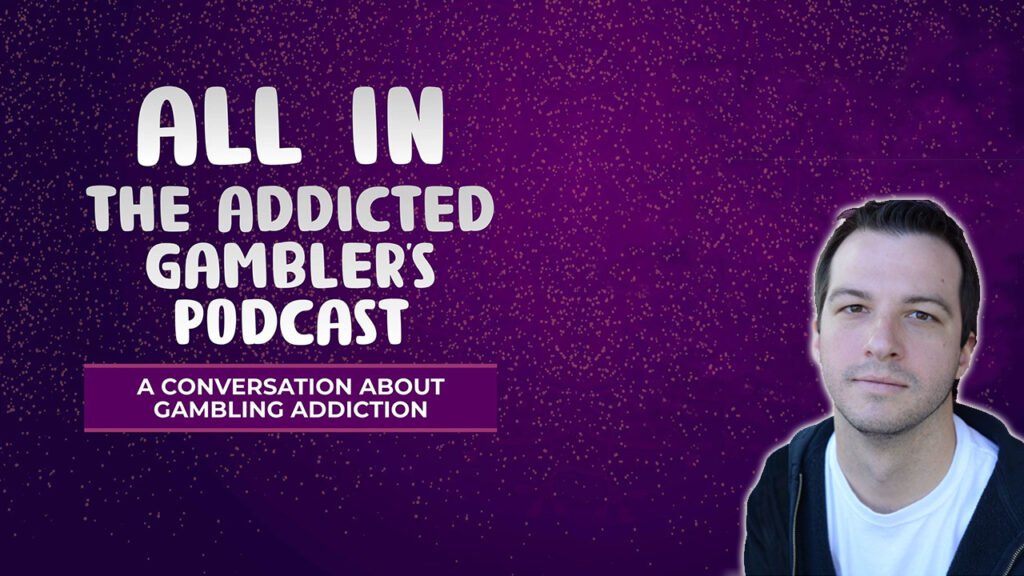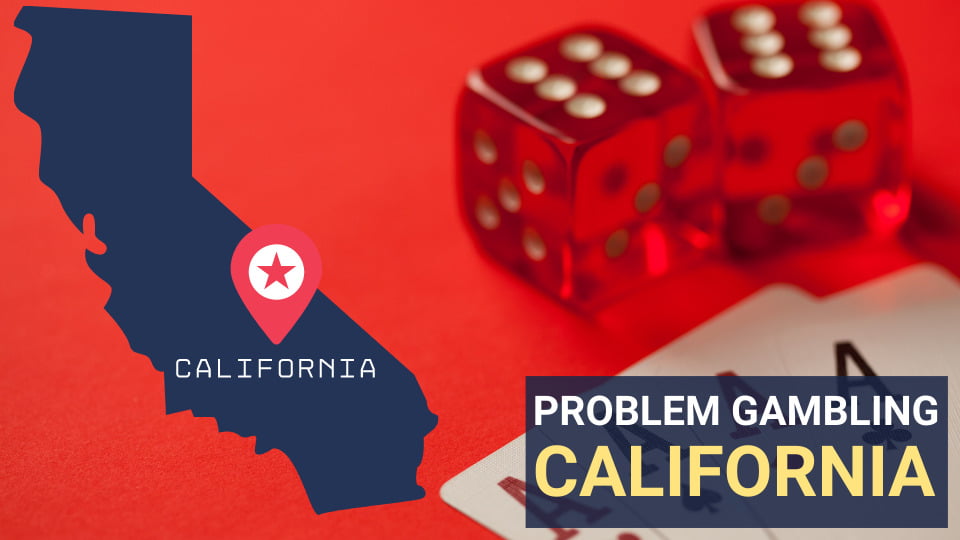Robert shares his background, from growing up in Las Vegas and working in the gaming industry. He played poker for a living and eventually transitioned into working in the field of problem gambling. He explains how his experience has helped him in his current role, where he uses what he has learned to help people struggling with gambling addiction in California.
Robert was a semi-pro poker player and set up a budget to play, tracking everything in spreadsheets to determine his profitability. He primarily played small pots and was a conservative player to avoid the stress of losing big pots and going on tilt. Robert did not experience typical problem gambling behaviors or problems stopping gambling, but he did gamble significantly more because he was in casinos and looking for ways to relieve stress.
During Robert’s time working in the gaming industry from 1998 to 2011, there was little to no responsible gambling training. There were few resources for symptoms of gambling addiction. In California, there is no online gambling or sports betting, but Class 2 and Class 3 gambling through tribal and commercial casinos—the largest lottery in the country, charitable gaming, and 50/50 gambling at sporting events. Social casinos in Silicon Valley are also recognized as a form of gambling.
In the podcast, Brian asks Robert about the types of gambling available in California. Robert responds by saying that online internet gambling and sports betting are unavailable.
Robert explains that class two is player versus player, where gamblers play against other players, while class three is house bank casino gaming, where gamblers play against the casino. Robert also talks about how the casinos in California are heavily regulated and carry responsible gaming brochures and messaging, but approaching guests about problem gambling varies by property and is not always recommended. Tribal casinos are more complex, as each of the 66 tribal casinos has its own regulations and laws governing it.
If you want to know more about Robert Jacobson, the California Council on Problem Gambling, or gambling in general in California we highly recommend you listen to the full episode of the podcast.
FAQ
What kind of gambling is available in California?
What kind of gambling is not available now would be a better question. So, I mean, the two major forms of gambling that are not available in California would be online Internet gambling and sports betting.” In other words, Robert is saying that while there are a variety of forms of gambling available in California, the notable exceptions are online gambling and sports betting, which are currently not legal.
What is the difference between Class Two and Class Three Gambling in California?
Class Three gambling refers to house bank casino games where players gamble against the casino. In contrast, Class Two gambling refers to games where players gamble against each other.
Class Two gambling, including card rooms where players play poker against each other, and Class Two slot machines where players place bets and the machines calculate how much is being bet and then pay out to one or more players. There can be complex technologies used to blur the lines between Class Two and Class Three gambling, but the underlying difference remains the same.
Does California have a residential treatment program for gambling?
The California Office of Problem Gambling (OPG), part of the Department of Public Health, offers residential and intensive outpatient treatment programs for severe gambling problems. It is a private treatment facility, but your stay there is just paid for by OPG.” The residential program is 30 days long, with extensions available in extreme cases, and requires meeting at least eight of the nine DSM-5 criteria.

